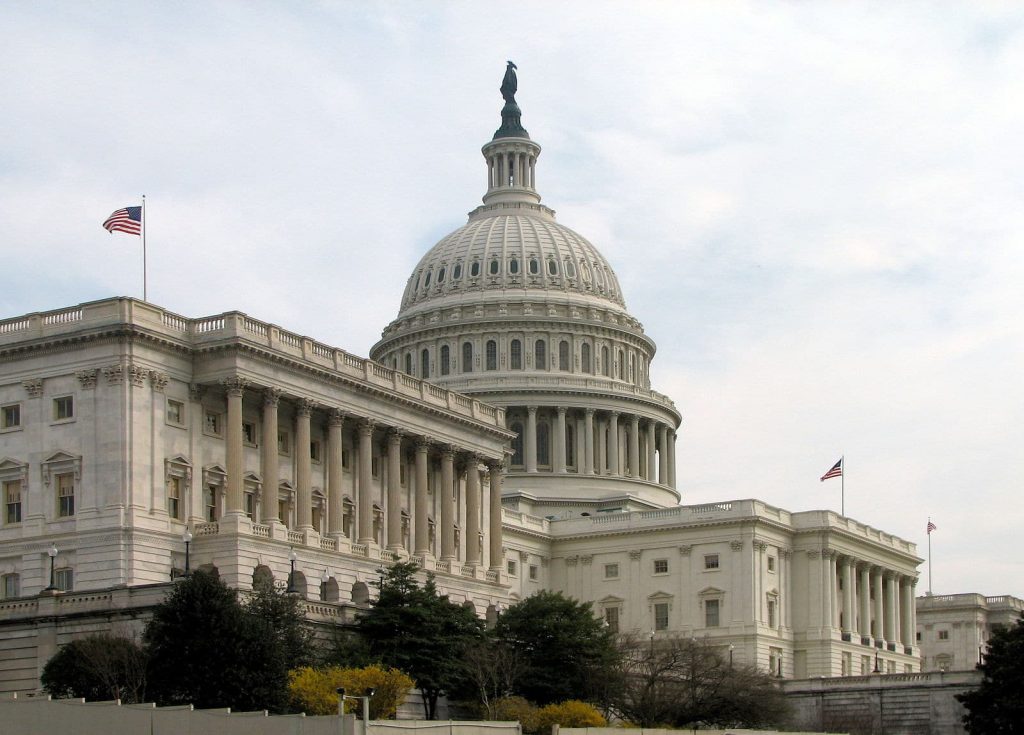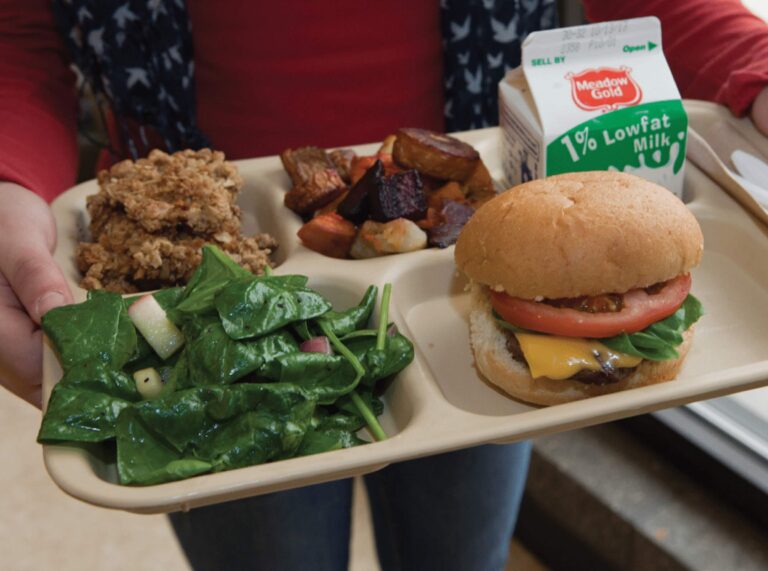New Year, New Administration: Your January/February Policy Updates
The new administration has a full plate supporting kids and families through the ongoing COVID-19 pandemic. Here are some updates.
Join our corps! Applications for 2026-2027 are now open. Apply by March 30.
The new administration has a full plate supporting kids and families through the ongoing COVID-19 pandemic. Here are some updates.

It’s quite literally a new year for policy and advocacy, as the Biden administration settles in and a new, Democratic-majority Congress begins its season. President Joe Biden has had a busy first few weeks in office, with more actions hopefully to come.
In his first weeks in office, President Biden took several executive actions to address food insecurity. These included:
Last December, another round of stimulus legislation passed through Congress, meaning more help is on the way to families impacted by the pandemic. Thanks to advocates like you who reached out to your legislators, this stimulus package includes a much-needed 15% increase in SNAP benefits through June 2021. The bill also included emergency funding relief to school nutrition programs to make up for some of the reimbursements lost this spring due to school closures.
And more relief may be on the way soon. Congress is moving through a process called budget reconciliation to pass the $1.9 trillion COVID relief package, also known as the American Rescue Plan. The draft bills approved by committees include some key wins:
We also know that these measures are not enough to ensure all kids have access to the nourishment they need to thrive. We call on Congress to make healthy school meals free for all students and extend relief funding for school nutrition programs through the end of the school year.
The government’s budget for the 2021 fiscal year, which passed in December, also included some wins for food and nutrition advocates. The Food and Ag Service Learning Program received $2 million in funding in the fiscal year 2021 government funding bill—double the amount of funding compared to the previous year’s level.
This grant program, which FoodCorps helped create, is in its third year, and has expanded public service capacity for hands-on food education in schools. In addition, the Farm to School Grant program received $12 million in funding —the highest level possible.
The Biden administration has a long to-do list, and there are plenty more opportunities for movement on policy issues affecting health, nutrition, and communities.
For one, a new Congress means changes in committee leadership and assignment. Recently, the Senate Agriculture Committee gained three racial justice advocates: Sens. Cory Booker, Raphael Warnock, and Ben Ray Lujan. In particular, Warnock’s campaign platform called for “leveling the playing field for Black and minority farmers by expanding access to capital for equipment and financial resources and ending discriminatory policies at the federal level that limit opportunities.”
In addition, Sen. Debbie, Stabenow, the new chairwoman of the Senate Agriculture Committee, indicated that she plans to reauthorize child nutrition programs — the process often known as CNR. It’s been nearly a decade since child nutrition programs were last updated. Addressing these programs now could mean including measures such as the Food and Nutrition Education in Schools Act, which we also hope to see reintroduced in 2021.
[callout]Want to know when to raise your voice? Sign up for FoodCorps’ action alerts! [/callout]

3 Reasons We Need School Meals for All

Mindful Tasting: Eating with All 5 Senses

Our 2025 Child Nutrition Policy Year in Review